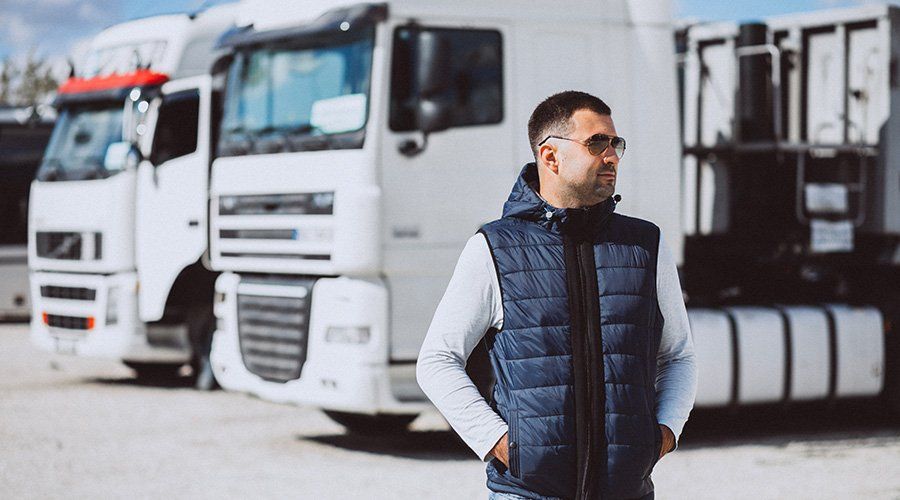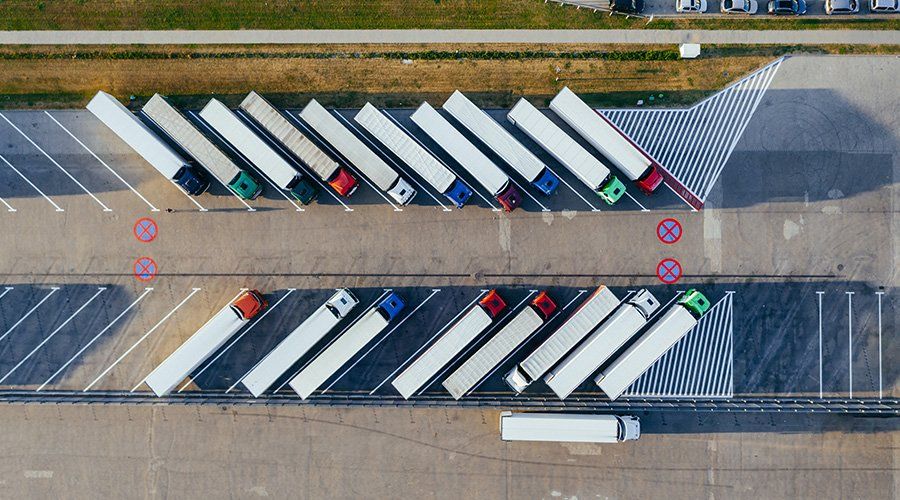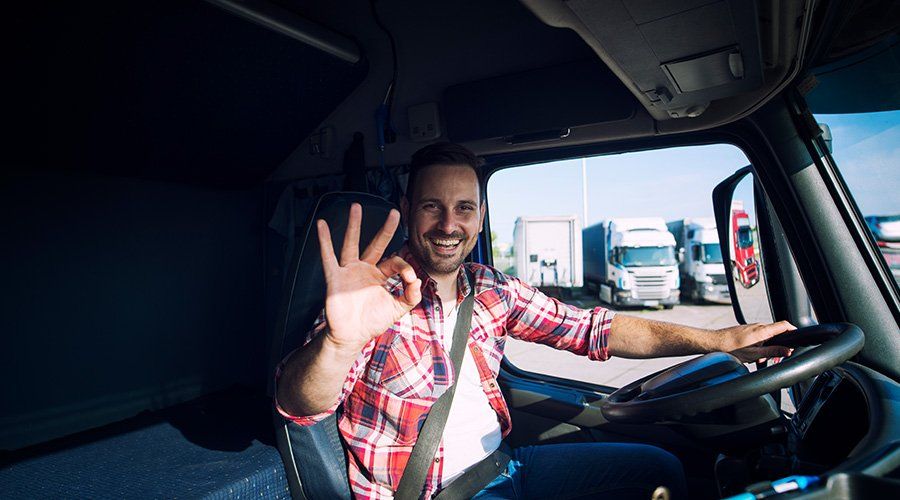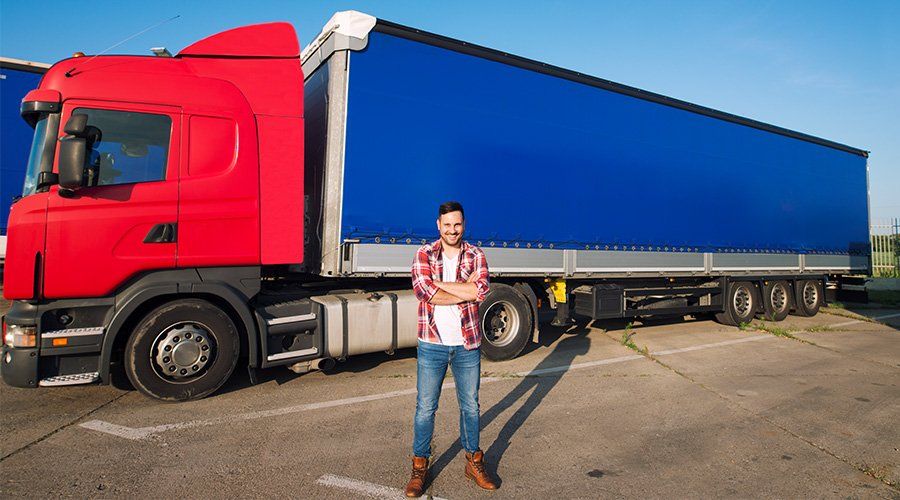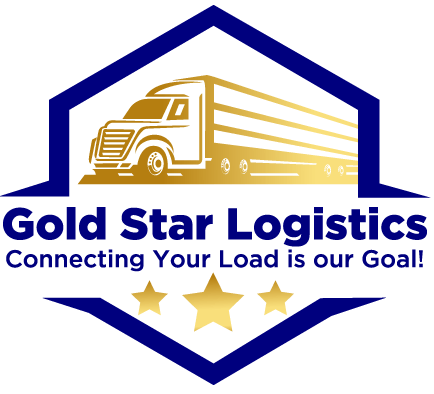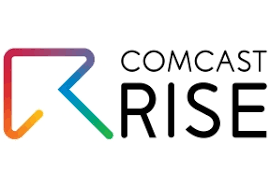
If you’re thinking about starting a trucking business, and you’ve already gotten answers to some of your basic questions (link to Owning a Trucking Company: Answers to 5 Important Questions), it’s time to turn your attention to the more in-depth parts of starting a company. How to start a trucking company includes a step that’s part of any business formation: a startup business plan.
The U.S. Small Business Administration (SBA) advises that “a good business plan guides you through each stage of starting and managing your business,” and emphasizes that you can think of your business plan as “a roadmap for how to structure, run, and grow your new business.”
Per the SBA, a business plan can take the form of a traditional business plan or a lean business plan. A traditional business plan is detailed and comprehensive, and it’s often the format that lenders or investors will request to review. A lean startup plan is a high-level overview that just touches on the key elements. Here is the general structure of a business plan that you can use when starting a trucking business.
Owner/Operator Startup Business Plan: The Structure
Executive summary: Here you will describe the “what” and the “why” of your company when starting a trucking business. What does your company do? Why will it, specifically, be successful? This is a summary of your new venture, including your mission statement, product/service description, and some basic information about your company’s leadership team, employees, and location. Include financial information and a snapshot of your growth plans, too.
Company description: Next, you’ll go into more detail about the specific need your company will fill. Describe the problem you solve for your customers, including any consumers, organizations, or businesses your company can serve. This is also where you document your unique advantages in the industry.
Market analysis: Before starting a trucking business, prove that you understand the landscape you are stepping into by outlining the competitors you will face in the industry. What are their advantages and disadvantages? What is the upcoming outlook of the industry? Who is your target market? This is the place of trends analysis, and a good business plan makes it clear that you’ve done your homework before deciding to open a company. For the trucking industry, you might look at the major players in your specific segment of the industry and the size of that segment. Make your company shine by narrowing your focus to a specific target market.
Organization and management: After that, you’ll go further into your company by describing the legal structure of your business (sole proprietorship, partnership, limited liability company, or corporation) and the organizational makeup of your company.
Service or product line: What service do you sell? Describe the benefits you’ll offer to your company. For the trucking industry, this is a pretty straightforward part of the business plan.
Marketing and sales: In order to succeed as a business, you have to have a plan to attract new customers. While marketing and sales might not be your forte, it is an important part of any business, and starting a trucking business is no different. Describe your plan to attract and retain customers. What industries will you target? What locations will you focus on? Will you hire sales professionals or use independent agents?
Funding request: If you’re going to request funding, use this section to make those details clear. Describe how much and what, specifically, the money will be used for.
Financial projections: In order to convince your lender to provide your funds, you’ll use this section to offer a picture of the financial outlook of your company over the next five years. The SBA recommends you include “forecasted income statements, balance sheets, cash flow statements, and capital expenditure budgets.”
If you’re thinking about starting a trucking business, Gold Star can help. Our
consultative services and mentorship programs provide the support new owner/operators need when embarking on this exciting journey.
Check out what we have to offer, and then we’ll connect you with an expert!
